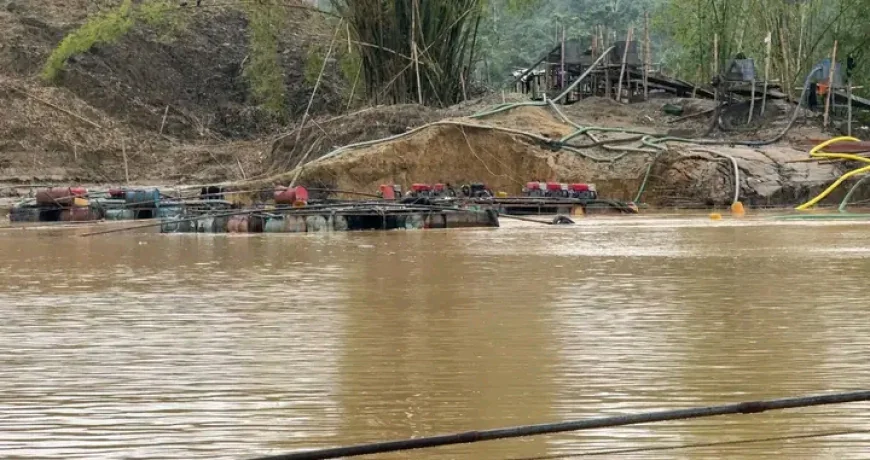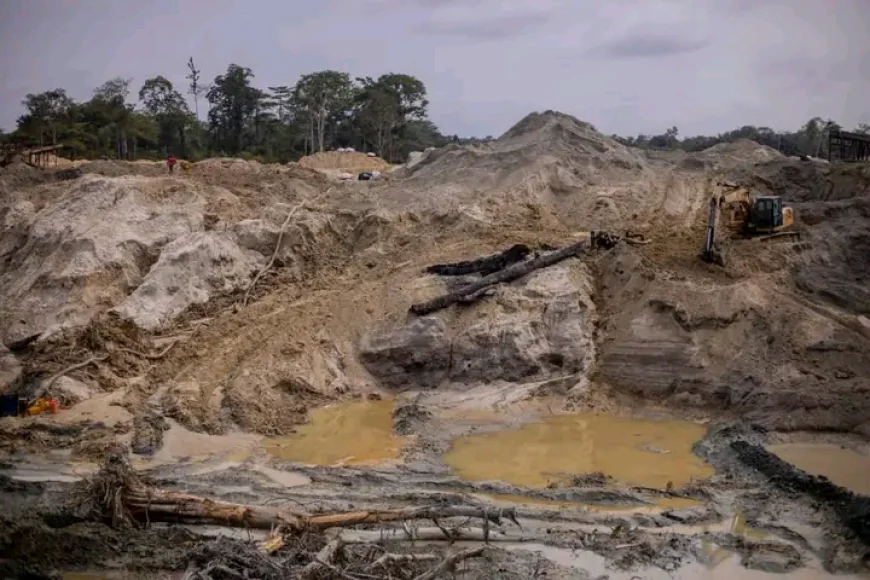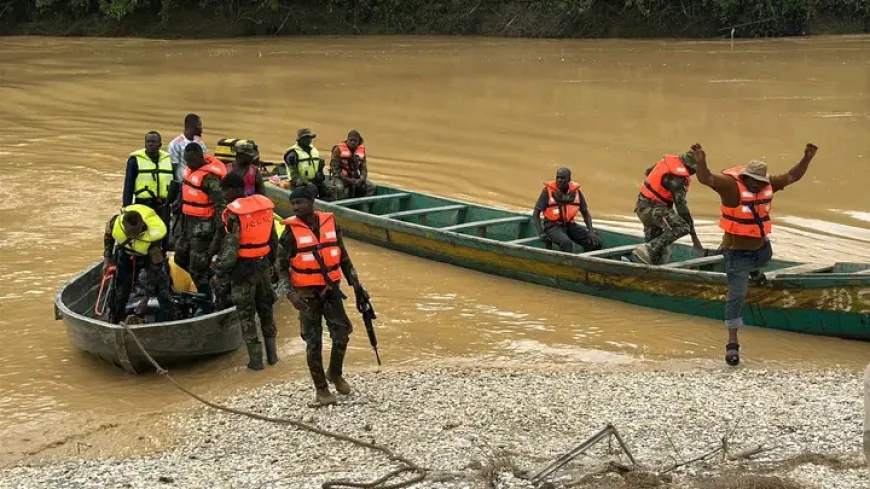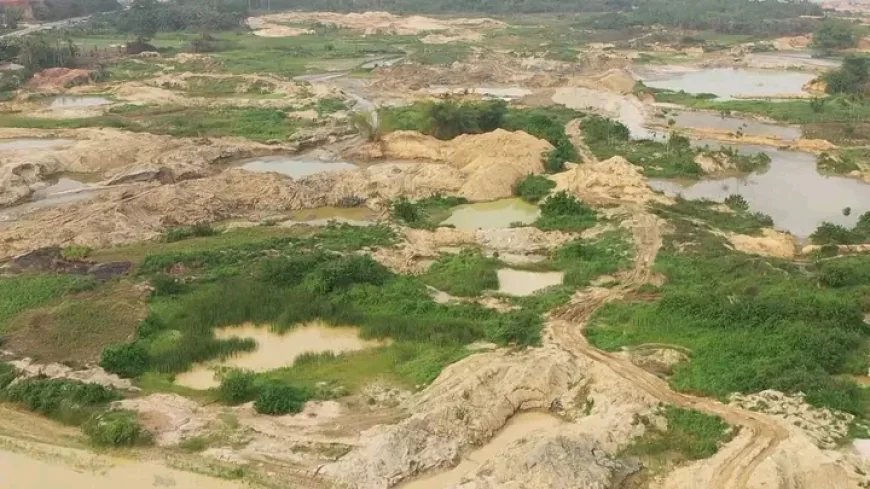Galamsey Must Not Be Politicized - A National Crisis Demands National Unity
Galamsey (illegal mining) is a national crisis that affects all Ghanaians, regardless of political affiliation. It should not be politicized, as its environmental and social impacts demand a united national response. Protecting Ghana’s natural resources requires collective responsibility and unity beyond party lines.
Galamsey, or illegal small-scale mining, has evolved into one of Ghana’s most severe environmental and socio-economic challenges. Once seen as an economic lifeline for a few, it has now become a national crisis. Rivers are turning brown with pollutants, forests are vanishing at an alarming rate, and entire communities are being displaced—all in the name of short-term profit.

Yet, instead of confronting this issue with urgency and unity, the national conversation around galamsey has become increasingly polarized, clouded by partisanship and political bias. This politicization is not only counterproductive but dangerous, as it diverts attention from the real issues: environmental degradation, public health risks, and long-term economic instability.
Too often, political parties use galamsey as a tool to score points against opponents rather than come together around a shared national policy. Accusations fly, blame is cast, but meaningful action is stalled. Meanwhile, rivers poisoned by mercury and cyanide do not recognize party colors. The children forced to abandon school to work in mining pits are not members of any political wing. The destruction touches all Ghanaians—rich or poor, rural or urban, whether affiliated with the NPP, NDC, or no party at all.

Galamsey must be treated for what it truly is: a national emergency. We need to rise above partisan politics and adopt a unified, bipartisan strategy that places country above party. This means enforcing mining regulations consistently and impartially, holding all illegal miners accountable—regardless of their political connections or social status.

Moreover, addressing galamsey effectively requires more than enforcement. It demands open, inclusive dialogue involving government agencies, traditional leaders, civil society, and local communities. Sustainable solutions must be rooted in collaboration, community engagement, and a long-term vision for environmental stewardship and economic resilience.
We cannot afford to allow this crisis to deepen while we argue along party lines. Galamsey is not a political problem; it is a Ghanaian problem. And it demands a Ghanaian solution—united, resolute, and urgent.



